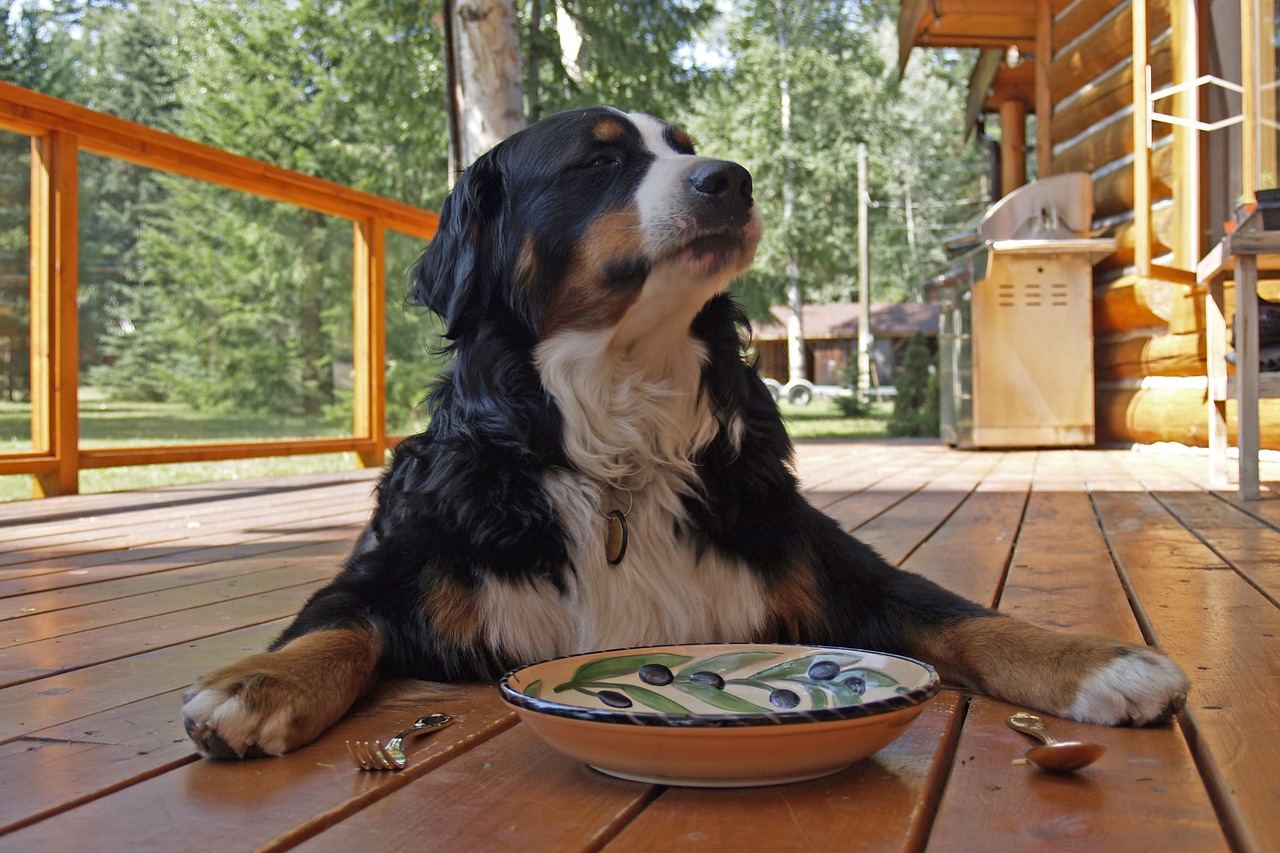Bernese Mountain Dogs are majestic, gentle giants known for their loyalty and affable nature. Despite their robust appearance, these dogs are prone to certain health issues, which owners should be aware of to ensure optimal care for their pets. Understanding these issues and recognizing the signs early can make a significant difference in your dog’s longevity and quality of life.

1. Hip and Elbow Dysplasia
Bernese Mountain Dogs are susceptible to hip and elbow dysplasia, which are genetic disorders involving the abnormal formation of the respective joints. These conditions often result in painful arthritis, and in severe cases, lameness.
Signs to watch for include difficulty standing up, reluctance to jump or climb stairs, decreased activity, and an altered gait. If these signs are present, immediate veterinary attention is necessary. While there’s no cure for dysplasia, management options range from weight control and pain management to physical therapy and surgery.
2. Malignant Histiocytosis
Sadly, Bernese Mountain Dogs have a higher incidence of malignant histiocytosis, a rapidly progressing cancer, compared to other breeds. This disease often affects multiple organs, such as the lung, liver, spleen, and lymph nodes.
The signs of malignant histiocytosis vary depending on the organs involved but generally include loss of appetite, rapid weight loss, lethargy, difficulty breathing, or swelling in the abdomen or lymph nodes. If your dog shows any of these signs, immediate veterinary consultation is crucial.
3. Progressive Retinal Atrophy (PRA)
PRA is a group of genetic diseases causing gradual degeneration of the retina, leading to eventual blindness. Early signs typically involve night blindness, where your dog may show hesitancy or clumsiness in low-light conditions.
As the disease progresses, the pupils may appear larger and have an increased reflection of light. If you observe these signs, it’s important to seek veterinary care. There is currently no cure for PRA, but certain antioxidants and special diets can help slow the progression.
4. Gastric Dilatation-Volvulus (GDV)
GDV, often referred to as bloat, is a serious condition where the dog’s stomach fills with gas and can potentially twist. This condition is more common in large, deep-chested breeds like Bernese Mountain Dogs.
Signs of GDV include a bloated or swollen abdomen, restlessness, excessive drooling, attempts to vomit without bringing anything up, and signs of pain such as whining or groaning. GDV is a life-threatening emergency requiring immediate veterinary intervention. To prevent GDV, consider smaller, more frequent meals and avoid vigorous exercise around meal times.
5. Von Willebrand’s Disease
Von Willebrand’s disease is a genetic disorder that affects the blood’s ability to clot. Bernese Mountain Dogs can be affected by this condition, which can lead to excessive bleeding even from minor wounds.
Symptoms include prolonged bleeding after injury or surgery, frequent nosebleeds, blood in the urine or stool, and bleeding gums. If these signs are present, veterinary care is crucial. While there’s no cure for von Willebrand’s disease, it can be managed with careful monitoring, specific treatments during injury or surgery, and occasionally, blood transfusions.
In conclusion, while these health issues may seem daunting, being aware of them and knowing the signs can make all the difference in early detection and treatment. Regular veterinary check-ups, a balanced diet, and an active lifestyle can go a long way in keeping your Bernese Mountain Dog healthy. Despite these health concerns, with appropriate care, these dogs can lead fulfilling lives, providing warmth, companionship, and love to their human families.
 Toledo, United States.
Toledo, United States.